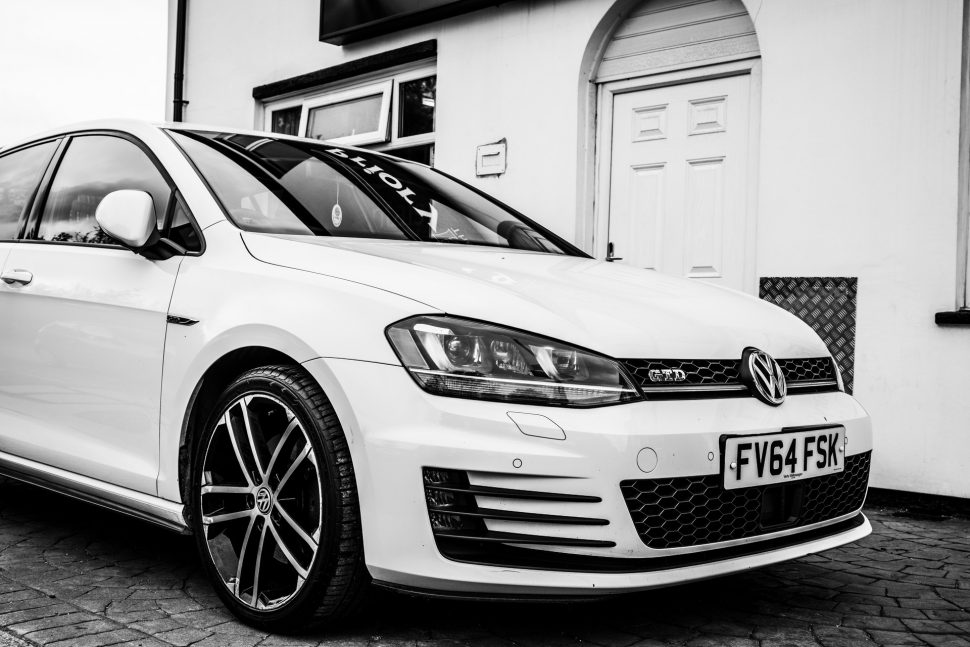Should Road Tax Be Phased Out?
Whether you know it as Road tax, Car Tax, Vehicle Excise Duty or Road Fund License, the money paid to the government for the privilege of driving your vehicle (or our rental vehicle) on the roads has been with us for almost as long as there have been cars. Most people are already aware that road tax doesn’t directly pay for the maintenance of the highways and hasn’t since 1937 when road tax was abolished. Consequently, there’s no such thing as road tax anymore, but people still use the term as it’s easier to say than ‘Vehicle Excise Duty’ which replaced it. VED Goes straight to the treasury and it’s now the responsibility of local councils to maintain the roads through Council tax. (With this being the case, educate the drivers who tell cyclists that they don’t pay road tax, technically no-one does and the tax they’re calling road tax doesn’t pay for the roads anyway!).
Road Tax – No Longer A Visual Indicator Of Legal Driving
Bank in the day when a road fund license, often referred to as a ‘tax disc’ was a round piece of watermarked paper, it served as a highly visible signal that the car it was attached to was insured and fit to be on the road. In order to obtain a tax disc, you had to take the vehicle log book, proof of insurance and proof of MOT to the post office or similar, who would manually check those documents and only issue a tax disc if they were in order. Thus, having a valid tax disc on your windscreen was a quick and easy way for anyone in authority to tell at a glance that you were driving legally. As the post office was replaced by the internet to process applications, the tax disc eventually became obsolete as ANPR systems connected to a database of legal vehicles are now everywhere and can detect uninsured vehicles, those without MOT’s and those who haven’t paid for road tax automatically. Tax discs were phased out few years ago, but the tax itself remained.
Electric Vehicles Don’t Pay Road Tax
One of the most pressing arguments that road tax in its current form is nearing the end of its usefulness is the way it’s priced based on carbon emissions. The vehicles which emit the most carbon and as such being assumed to be the most polluting pay the most road tax. For the time being, this works well, however, cars which emit no C02, pay no road tax. We’re already seeing electric vehicles in greater numbers on the roads and infrastructure being introduced to support their use. The government has a stated intention to eventually remove petrol and diesel cars from the roads entirely and when this happens, under current rules, the Vehicles That don’t Pay Road Tax will be the only ones left on the roads.
What’s The Future of Road Tax?
Motorists by and large seem in favour of a ‘pay as you go’ system of road tax. Having said that, there are already two systems for paying tax as you drive. Currently drivers are able to pay monthly by direct debit as well as the usual 6 or 12 month one off payments (which are still available). While drivers of larger cars pay more, this doesn’t recognize the actual pollution they cause as a Range Rover which drives 100,000 miles in a year pays the same vehicle excise duty as a Range Rover which drives only 5,000.
True ‘pay as you go’ taxation comes in the form of the fuel itself. Most of us are painfully aware that the vast majority of the money we pay at the pump goes straight to the government. The more we drive, the more we pay, the less efficient our cars are, the more we pay. Merging Road Fund License into fuel prices would be a far more efficient and proportionate way of applying road tax.
Unfortunately, or fortunately, electric vehicles swerve this one as well. Because electric cars can be plugged into a domestic power supply to recharge, the tax premium charged when topping up petrol and diesel cars doesn’t apply to them. Domestic electricity attracts very little tax, so electric vehicles cost far less to run, so it seems, by the time the roads become fully populated by electric vehicles, road tax, whatever you choose to call it will have to be fundamentally rethought, or abandoned entirely.

